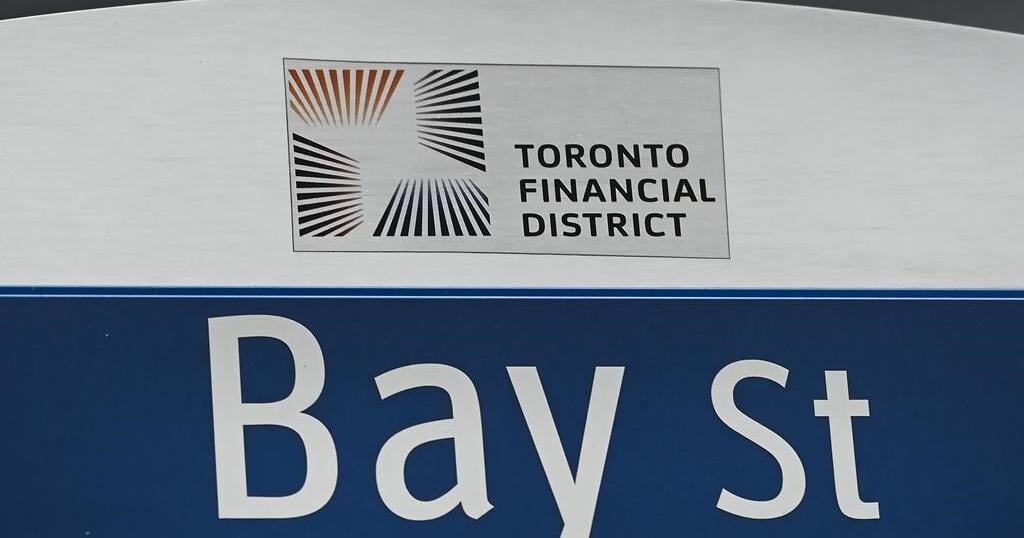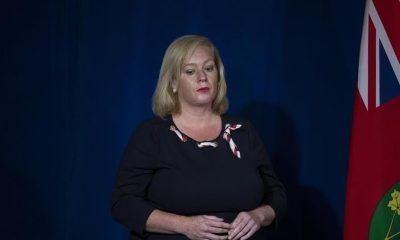Nearly a month after Turkish President Recep Tayyip Erdogan’s re-election, his government is forging a new course in economic policy.
Erdogan’s appointments of Mehmet Simsek to the post of leading the finance and treasury ministry, and of Hafize Gaye Erkan, a former Wall Street banker, as central bank chief, signalled his readiness to reverse course from his unorthodox policies.
The new cabinet’s moves are to tackle the crippling economic crisis, which has seen inflation rates soar and the lira plunging to record lows as the country battles a cost-of-living crisis and depleted foreign reserves.
Here are some of the new policies and the current state of Turkey’s economy:
Hiked interest rate marks U-turn
On Thursday, Turkey’s central bank hiked its key rate by 650 basis points to 15 percent, the first hike in the country since early 2021.
The central bank’s policy committee said the shift “will be further strengthened as much as needed in a timely and gradual manner until a significant improvement in the inflation outlook is achieved”.
It said it raised rates “in order to establish the disinflation course as soon as possible, to anchor inflation expectations, and to control the deterioration in pricing behaviour”.
The move was a reversal of Erdogan’s policy, taking place after years of monetary easing in which the one-week repo rate had been cut to 8.5 percent from 19 percent in 2021.
Turkey’s annual inflation was just below 40 percent last month after it hit a 24-year high above 85 percent in October last year.
Lira plunges to another record low
The post-election tightening, made in order to tackle soaring inflation rates, still missed expectations and the lira fell sharply to a new record low on Friday.
It weakened to as much as 2.8 percent, trading at 25.2015 against the dollar, having touched a previous record low of 25.59 overnight.
Erdogan’s historic run-off re-election had raised hopes for economic stability, but the lira’s value has continued a slow decline.
Measures to curb inflation, address economic crisis
Earlier this week, Justice Minister Yilmaz Tunc said Turkey is working on extending a measure limiting annual rent increases to a maximum of 25 percent.
The government introduced the measure in a bid to curb inflation in June last year, a measure set to expire next month.
“We are working (on it), it will get done,” Tunc said.
On Tuesday, Labour Minister Vedat Isikhan also announced a 34 percent increase in the country’s monthly minimum wage to 11,402 lira ($483).


























